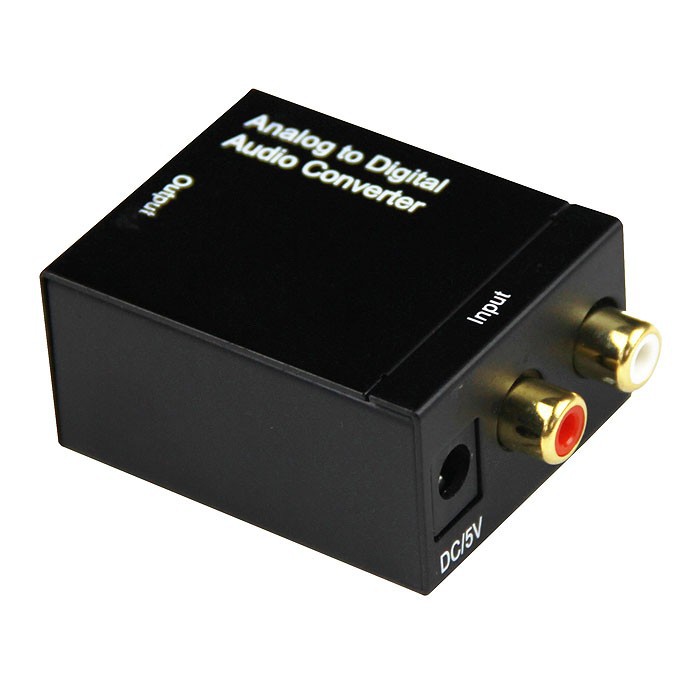


(iii) Agency actions relevant to sections 202-205 of the Unfunded Mandates Reform Act of 1995, 2 U.S.C. The analysis complies with the requirements of the Act, including the steps taken to reduce the economic impact on small entitles. sections 603-605, 607, and 609Ī Final Regulatory Flexibility Analysis was prepared in connection with the final rule. (ii) Agency actions relevant to the Regulatory Flexibility Act, 5 U.S.C. NTIA is of the opinion, however, that the transition to digital TV broadcasting, of which the coupon program is a significant element, will confer greater economic benefits than costs–net benefits–to the American people.

The coupon program established by statute and implemented in the final rule is a DTV subsidy program, and, as the Government Accountability Office (GAO) has recognized in testimony on this program, it is difficult to measure specific benefits and costs of undertaking a specific DTV subsidy program. (GAO-05-623T, May 26, 2005.) GAO estimated, however, that a subsidy would cost from about $460 million to about $2 billion depending on the price of a converter box and whether a means test was employed. NTIA performed a cost-benefit analysis of the final rule.

"RULES TO IMPLEMENT AND ADMINISTER A COUPON PROGRAM NATIONAL TELECOMMUNICATIONS AND INFORMATION ADMINISTRATION The official responsible for GAO evaluation work relating to the subject matter of the rule is Patricia Dalton, Managing Director, Physical Infrastructure. Volpe, Assistant General Counsel, at (202) 512-8236. If you have any questions about this report, please contact Michael R. Our review indicates that, except for the delay in the effective date, NTIA complied with the applicable requirements. Congress and our Office did not receive the rule from the Department of Commerce until April 10, 2007, which means that the NTIA rule will not have the required 60-day delay in its effective date.Įnclosed is our assessment of the NTIA's compliance with the procedural steps required by section 801(a)(1)(B)(i) through (iv) of title 5 with respect to the rule. The Congressional Review Act requires major rules to have a 60-day delay in their effective date following publication in the Federal Register or receipt of the rule by Congress, whichever is later. The rule has an effective date of May 16, 2007. It was published in the Federal Register as a final rule on March 15, 2007. NTIA also held meetings on November 14 and 15, 2006, to afford interested parties the opportunity to clarify comments submitted in response to the proposed rule. On July 25, 2006, NTIA published a Notice of Proposed Rulemaking and Request for Comment in the Federal Register on ways to implement and administer such a program pursuant to the Act. households may obtain via the United States Postal Service a maximum of two coupons of $40 each to be applied towards the purchase of a Coupon-Eligible Converter Box. The final rule implements a program through which eligible U.S. Recognizing that consumers may wish to continue receiving broadcast programming over the air using analog-only televisions not connected to cable or satellite service, the Act authorizes NTIA to create a digital-to-analog converter box assistance program. The Digital Television Transition and Public Safety Act of 2005 (Act) directs the Federal Communications Commission to require full-power television stations to cease analog broadcasting and to broadcast solely digital transmissions after February 17, 2009. On a major rule promulgated by the Department of Commerce National Telecommunications and Information Administration (NTIA), entitled Rules to Implement and Administer a Coupon Program for Digital-to-Analog Converter Boxes (RIN: 0660-AA16). Pursuant to section 801(a)(2)(A) of title 5, United States Code, this is our report Subject: Department of Commerce National Telecommunications and Information Administration: Rules to Implement and Administer a Coupon Program for Digital-to-Analog Converter Boxes Committee on Commerce, Science, and Transportation


 0 kommentar(er)
0 kommentar(er)
